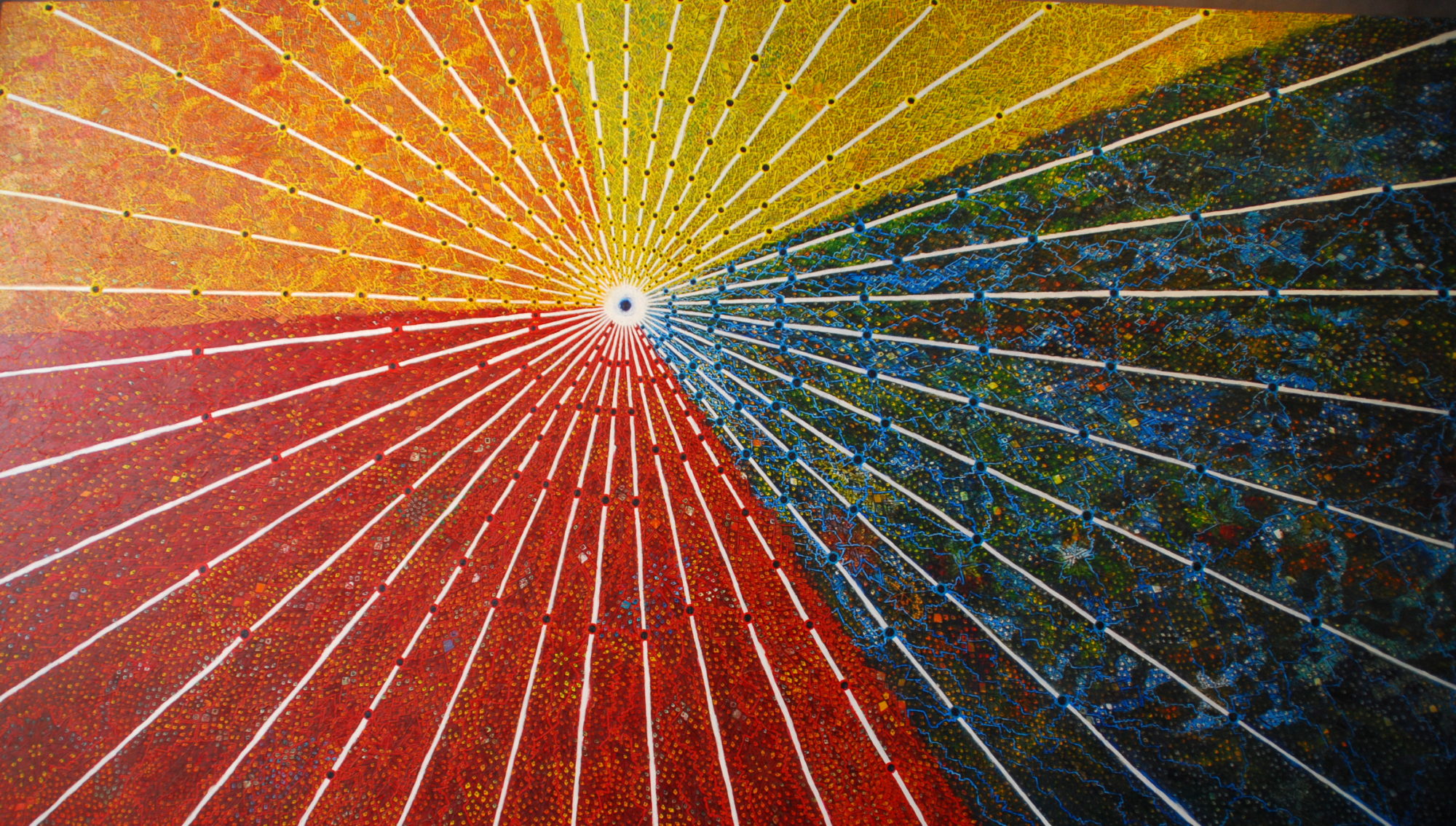As Namibia is a country full of indescribable landscapes, it would be pointless to try to describe them. So we have lots of wonderful pictures of what we experienced, but the internet tubes in this part of Africa are not wide enough to fit them through. So for now, you’ll have to live with a few story posts and we’ll put some pictures up when we’re able.
We were walking down a street toward our hotel in Swakopmund when we passed two men leaning against a building. One of them sprang out to greet us and announced he was Victor, chatting us up with the usual “where are you from?” and “what is your name?” that usually gets us thinking “what do you want?” The scent of alcohol we caught as he approached us didn’t help our confidence at all that this was going to be a productive interaction. He proceeded to pull out of his jacket pocket a few carved palm nut keychains, the kind we’d seen in every curio shop in the country for 20-40 Namibian dollars ($2-4). Now these weren’t particularly inspiring carvings, but they were fine, and Victor discussed at length with us the carving process and how it takes him three days of work for each one. A large part of his sales pitch was how indestructible they were, as he kept violently banging them on the pavement. To his credit, they didn’t not break or even scratch. He kept handing me keychains until I had three, at which point I, mildly amused, asked how much he would want for one. He replied, “no, you take all three.” Not knowing what I would do with three carved palm nut keychains, let alone one, I insisted. But the price negotiation phase was arduous. First, he asked how old I was. At my response, he said, “ok, I am your elder, I am 39.” To us Westerners, this may seem insignificant, but in Africa a younger person is expected to respect the elder, and this was his not very subtle way of making that point. He leaned down and began to write in the sand, another technique of African negotiation. He started with a three, and I thought he would ask for his age in dollars ($4), which I probably would’ve done for the sheer story of it all. And then he added a zero, and I thought, 30 dollars, ok, even better. And then he proceeded to add a final zero and look up at me with a smile on his face. At which point I laughed. I don’t think it was the most “respectful” response I could’ve had, but I think it was the most appropriate. To my “no” he replied, “at least give me 100.” Laughing again, I proceeded to try to hand back his keychains but he backed off. Out of options, I placed them on the pavement and walked off. Victor got a little greedy.
Later on that same day, we walked down to the impromptu street market near to the beach. There were vendors there for Africa (a phrase South Africans use to mean there’s a lot of something) and we perused the many wood carvings, stones and paintings on display. We inquired about prices from a few and were shocked – people were asking 500 dollars ($50) for the same masks we saw in South Africa for 50 rand ($5) or less. Seems a lot of them had a little Victor in them. Discouraged, we went to leave when we passed by a vendor who opened up with “I saw you guys heading down the other side and was waiting for you to turn back.” Sure, a cheesy opener, but at least different than the “please support me, buy something” we’ve gotten accustomed to hearing, so we took a peek. He had a wide selection of colorful wood block like oil prints, some on white paper, some on a dirty brown fibrous paper we could place, so we asked. It so happens it was elephant dung paper. He talked at length about how he does the carvings and the prints how he was from Zimbabwe but learned this technique in Botswana. He talked about how he offered to teach art classes in the local schools but only the poorest school was interested (fortunately, some art supplies had been donated). As Swakopmund is a very “resorty” feeling town with few blacks in the center, we talked at length about the townships and darker side of the city and region. All the while, we sifted through his pictures trying to decide which we liked, and as often happens, finding it impossible to make an actual decision. After a while of this, he said “you are married right, I will give you one as a gift.” Now whether this was good salesmanship or a genuine offer may be debated, but it was quite nice of him, and we soon settled on getting three prints, negotiating a discount but refusing the free one. And we both walked away from the transaction happy.
